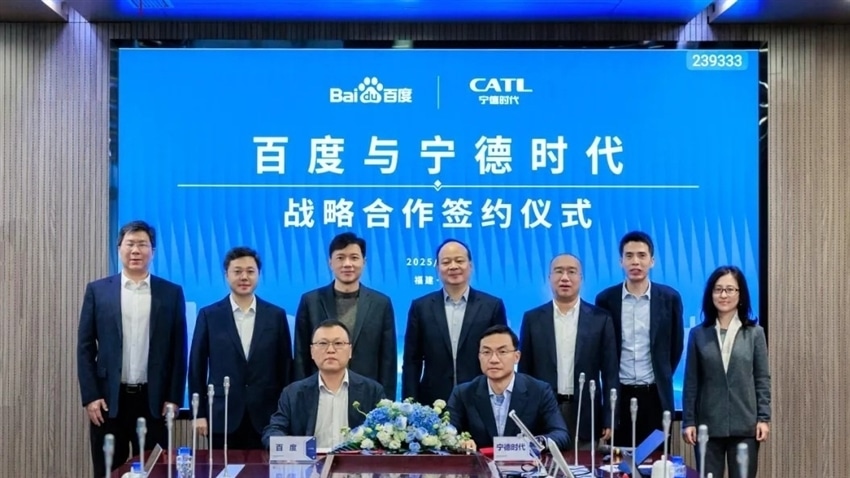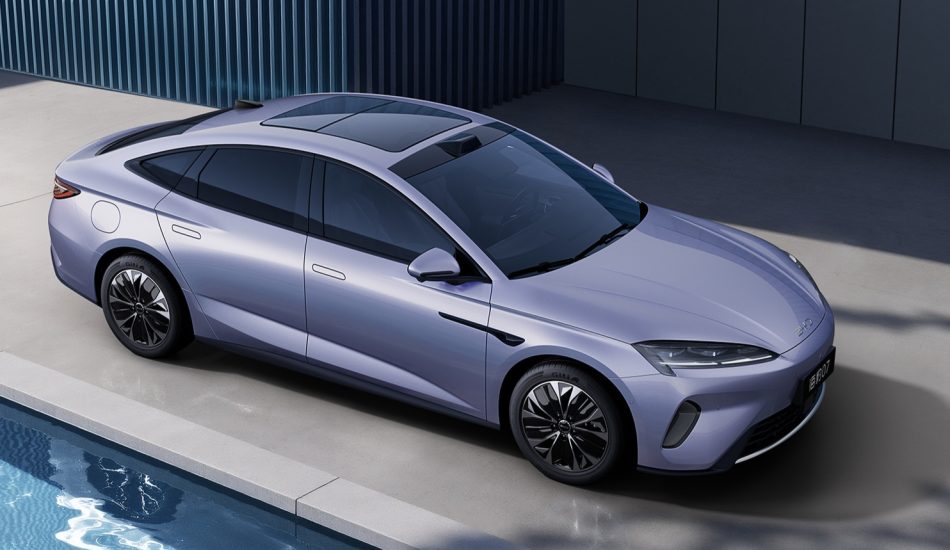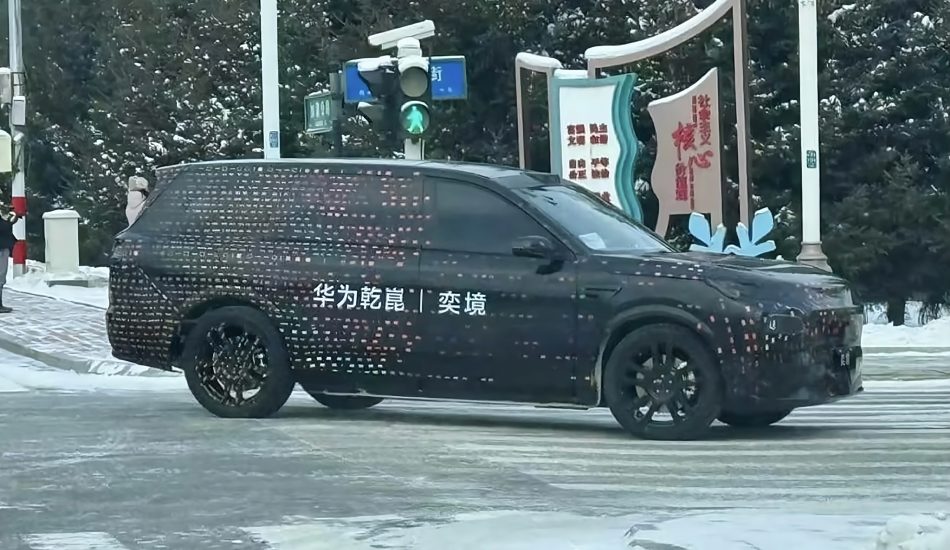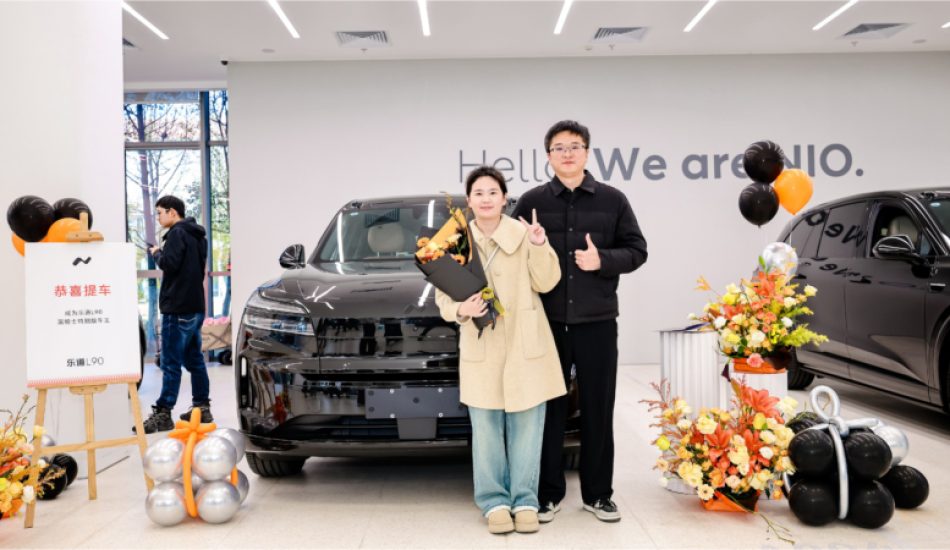
Chinese tech giant Baidu and battery leader CATL have announced a strategic collaboration to advance autonomous driving technologies as competition in China accelerates. The signing ceremony was held today in Ningde, Fujian.
In a joint statement released via WeChat, the companies confirmed a new agreement focusing on two key areas: autonomous driving and digitalization. The partnership aims to expand self-driving services across China and develop “competitive” autonomous vehicles and battery-swapping technology.
CATL will contribute its expertise in battery systems, charging infrastructure, and skateboard chassis to support autonomous mobility, while Baidu will integrate its artificial intelligence (AI) capabilities to enhance CATL’s operations.
Baidu Group founder and CEO Robin Li and CATL founder and CEO Robin Zeng attended the signing ceremony. Baidu’s Vice President Shi Qinghua, and CATL’s Passenger car VP, Liu Changyan, signed the agreement on behalf of both parties.
The deal comes as China’s automotive market sees intensifying competition in the self-driving space, highlighted by BYD’s recent debut of its own driver-assistance technology, God’s Eye, for mainstream vehicles earlier this month. On February 25, Tesla launched the “FSD-like” driver assistance tech in China.
Baidu is a major force in China’s robotaxi landscape, competing with companies like Pony.ai and WeRide. Its Apollo Go unit currently operates a fleet of 400 fully autonomous taxis in Wuhan, marking the largest such deployment in the country.
The collaboration could help Baidu expand its robotaxi services in the coming year.
Last year, Baidu’s EV joint venture brand Jiyue, owned by Geely, went bankrupt in China. Jiyue was supposed to sell affordable EVs with Baidu’s software and driver assistance tech. The company had two cars—Jiyue 01 and Jiyue 07 sedan. Despite having great reviews and design, especially the 07, sales were always poor, and the company ceased operations by the end of 2024.
In December 2024, CATL announced it is doubling down on battery swap, aiming to standardize battery swapping in China and having 30,000 swap stations by 2030. It also unveiled two swappable battery packs, Choco-SEB (swapping electric blocks).
The content from the Internet, if any infringement, please contact us for deletion, thank you!
Click here to purchase a vehicle



